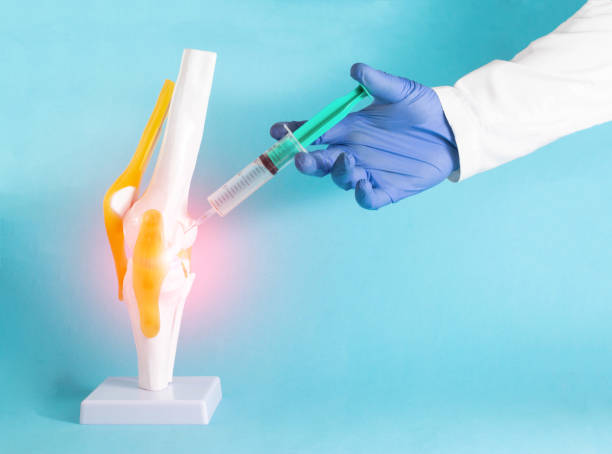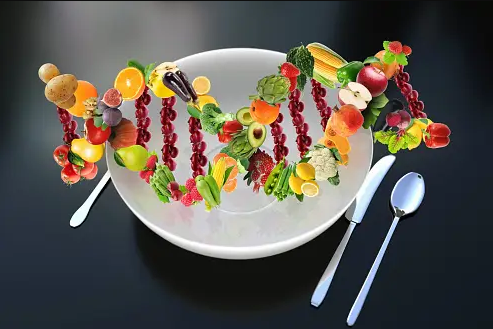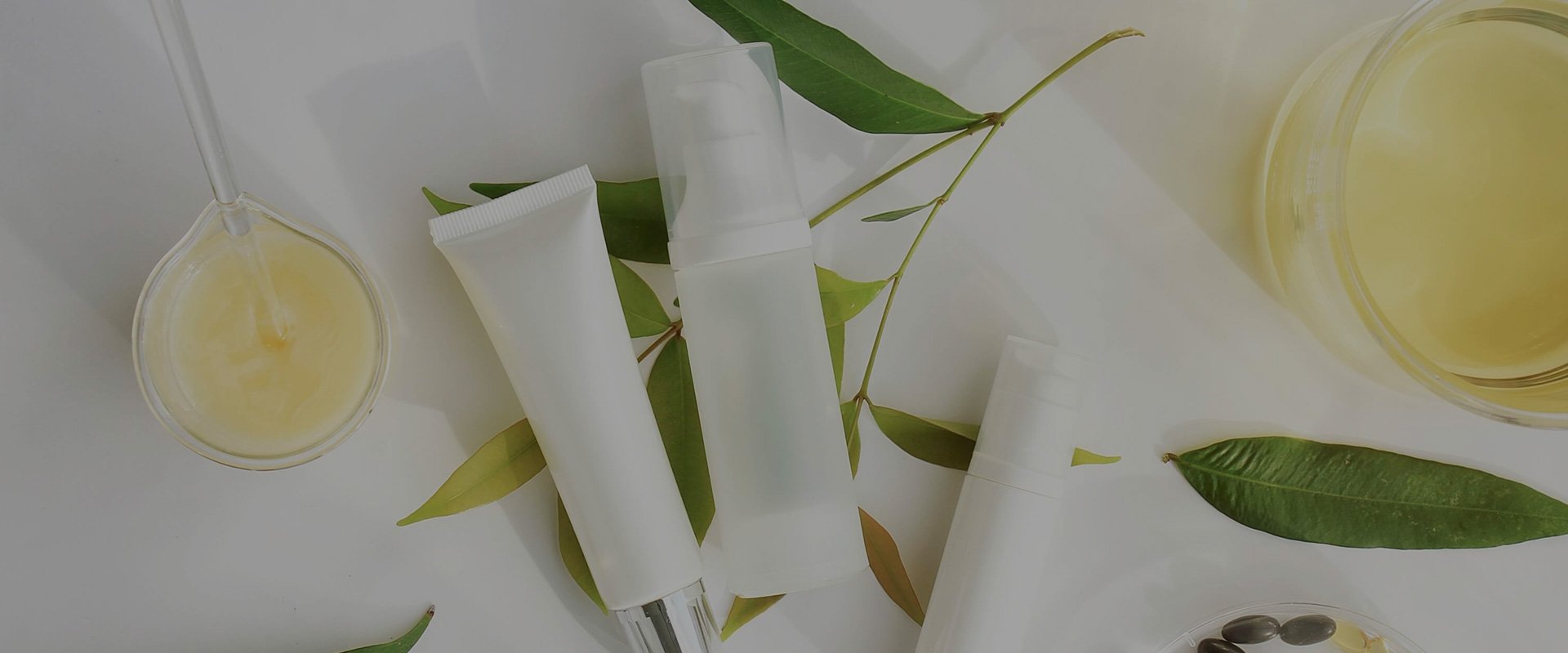
Blog
Toxins found in most toothpastes that could be detrimental to the health.
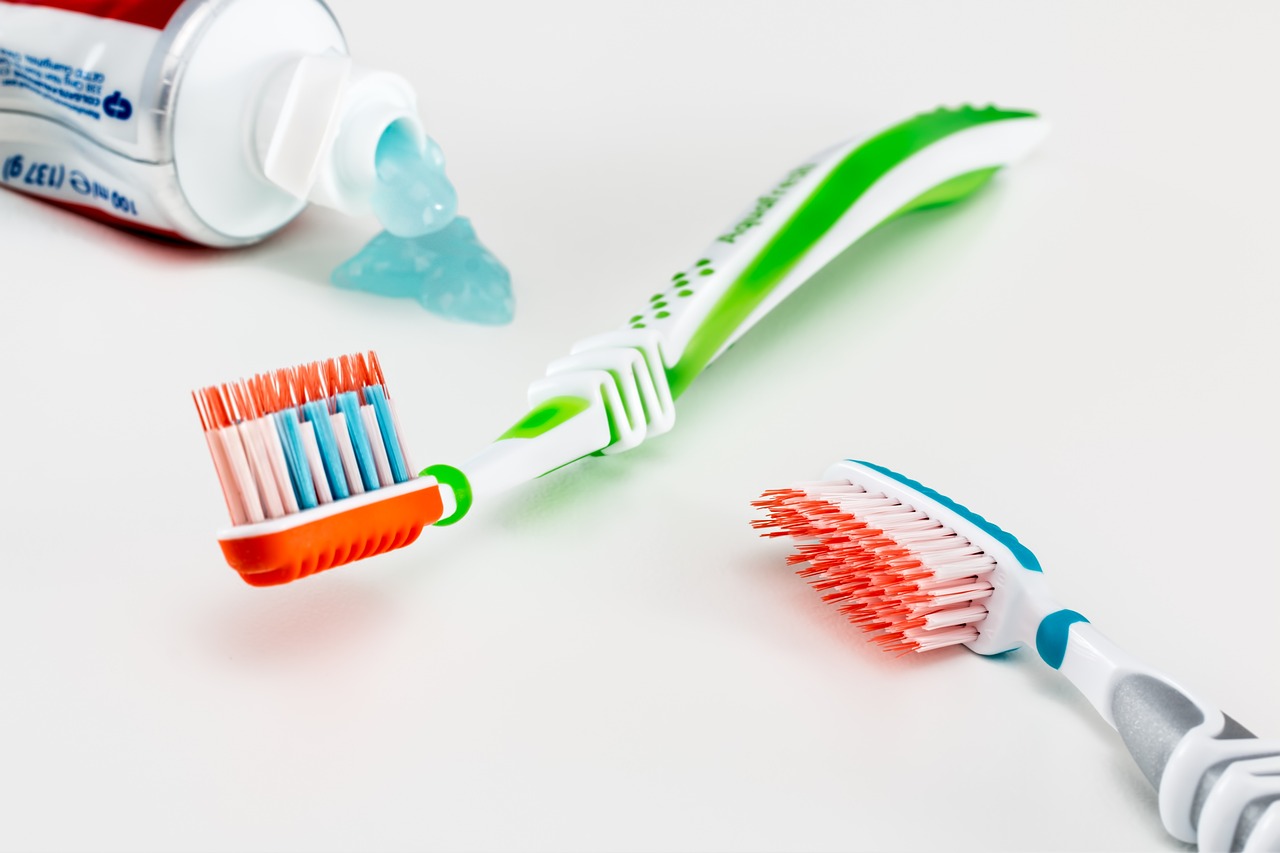
The protective mucous membranes that line the mouth is susceptible to irritation, inflammation, and infection from hazardous substances. Additionally, certain compounds can upset the healthy balance of “good” and “bad” bacteria in the mouth, which helps to maintain oral health. These chemicals can enter the bloodstream through the mouth and the gut microbiome may potentially be impacted by this imbalance. Among all of the body’s organs, the mouth is one of the most absorbent. Even placing certain pills under the tongue is a method of administration.
Knowing what you put in your body is wise because repeated daily exposures can quickly accumulate and cause health issues. There are at least seven compounds in modern toothpaste that have been linked to cancer, allergies, and chronic inflammation. So, even though you’re spitting out your toothpaste, at least some of the components are getting into your blood.
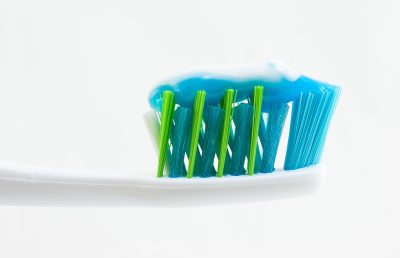
These are some of the harmful toxins found in some toothpastes that we ingest:
Artificial flavors, sweeteners and colors: Despite frequently being not so toxic, they are not particularly beneficial. Artificial flavors are really unnecessary because essential oils also have benefits like antibacterial or antifungal properties. Aspartame and sodium saccharin should be avoided. They do a better job of sweetening toothpaste than sugar does, but some individuals may have issues if they consume it, as they damage kidneys and cause cancers even at low doses. Artificial colors derived from coal tar are toxic and only serve to enhance the appearance of your toothpaste. You don’t need them, therefore stay away from them.
Sodium lauryl sulphate (SLS): It is a foaming and surfactant agent. It cleans the grime from your teeth similarly to a detergent. Unfortunately, when used in the mouth, it can lead to gum recessions and aphthous ulcers by causing the gums to slough off. Additionally, it can trigger an allergic reaction and irritate the skin.
Triclosan: The primary active component of antibacterial soap is triclosan. Unfortunately, this chemical has been linked to cancer and is known to produce recessions by sloughing the gums. It functions as a preservative and antibacterial agent. It may be an immune system toxicant, an endocrine disruptor, and a skin irritant. Additionally, it might help develop bacterial strains that are resistant to antibiotics.
 Fluoride: If swallowed in high quantities, fluoride-containing toothpaste can be acutely poisonous. Fluoride’s efficacy in topical pastes and gels is also disputed. Its effectiveness has not been shown, despite its intended use of preventing cavities from forming. Fluoride is actually a neurotoxic because it makes the enamel of teeth rough and porous, making it more susceptible to decay.
Fluoride: If swallowed in high quantities, fluoride-containing toothpaste can be acutely poisonous. Fluoride’s efficacy in topical pastes and gels is also disputed. Its effectiveness has not been shown, despite its intended use of preventing cavities from forming. Fluoride is actually a neurotoxic because it makes the enamel of teeth rough and porous, making it more susceptible to decay.
Propylene glycol: One often used industrial preservative in toothpaste formation is propylene glycol, it is a surfactant that is a synthetic chemical molecule. It functions as a thickening in toothpastes. Strong carcinogens include propylene glycol. It is a penetration enhancer, which means that it makes it easier for other chemicals to permeate your skin. It is also a skin, eye, and lung irritant.
Diethanolamine (DEA): In various goods, including toothpaste, the chemical diethanolamine (DEA) is used, as a surfactant, emulsifier, foaming agent, and thickener. While it lessens plaque and aids in the prevention of tartar accumulation in toothpaste, there are some drawbacks. Unfortunately, the methylating substance can harm our bodies significantly, weakening our liver and kidneys and increasing the risk of cancer, among other health problems. Particularly in people with specific medical problems, diethanolamine (DEA) may have carcinogenic consequences and trigger allergic reactions. In addition, there are worries that it may be a disruptor of hormones, contain dangerous contaminants (nitrosamines), and perhaps cause asthma.
Titanium dioxide: It is an inorganic chemical compound added as a colorant to make toothpaste white. However, it can also hurt your teeth and gums. It is used to whiten teeth and minimize tartar buildup. Avoid using items that contain titanium dioxide, sometimes referred to as titania, if you have sensitive teeth. There is some disagreement over how safe titanium dioxide is, despite the fact that there is no proof that the smallest amount of it hurt people. The most common issue is having sensitive teeth.
Parabens: Although preservatives are necessary in toothpaste to prevent the growth of bacteria, there are better preservatives than parabens for extending the shelf life of toothpaste. As potential carcinogens and disruptors of hormones, parabens have also been connected to impacts on the brain and neurological system.
The chemicals in your toothpaste may have a negative impact on your health. There are many excellent natural toothpastes in the market, and it’s not difficult to locate a decent natural toothpaste that contains fluoride if you choose to use it. Maintain a healthy mouth by brushing your teeth twice a day and flossing. Watch what you eat, stay away from sugary beverages and follow a healthy diet. If you follow all of these recommendations, your teeth and gums will stay healthy. At Uandnature, we strife to ensure that your health is paramount. Visit us at House 2 F8 Street, Citec Estate Mbora, Abuja, Nigeria to know more.

